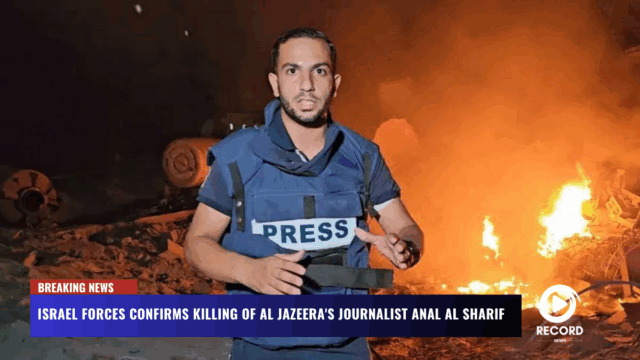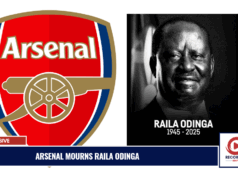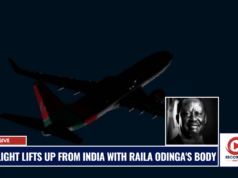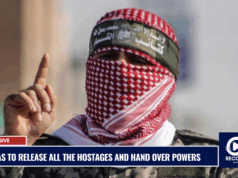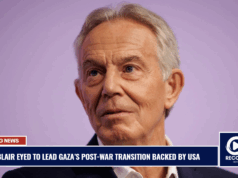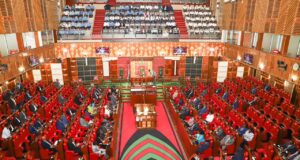Al Jazeera Arabic correspondent Anas al-Sharif, 28, was killed on Sunday, August 10, in an Israeli airstrike that struck a journalists’ tent outside Al-Shifa Hospital in Gaza City.
The attack also claimed the lives of four other reporters; Mohammed Qreiqeh, Ibrahim Zaher, Mohammed Noufal, and Moamen Aliwa.
The Israel Defense Forces (IDF) confirmed it carried out the strike, alleging that al-Sharif was a Hamas operative and a leader of a cell responsible for coordinating rocket fire. The military offered no independently verifiable evidence to substantiate the claim.
Al Jazeera has strongly denied the allegations, calling the strike a deliberate attack on journalists and a violation of international law. Press freedom organizations, including the Committee to Protect Journalists (CPJ), have condemned the killing and noted that al-Sharif had faced public smear campaigns by Israeli officials in the weeks leading up to his death.
Human rights groups have urged an independent investigation into the attack, warning of a growing pattern of targeting media workers in Gaza. Israel maintains that it targets only combatants, while critics argue that such incidents are eroding press safety in conflict zones.
Al-Sharif, known for his front-line reporting from Gaza during some of the most intense bombardments, leaves behind a record of widely viewed field reports documenting the impact of the war on civilians. He had been covering the conflict for over a decade, earning recognition for his in-depth coverage and persistence under fire.
His death brings renewed attention to the risks journalists face in war zones, as calls mount for stronger international mechanisms to protect media workers from military attacks.
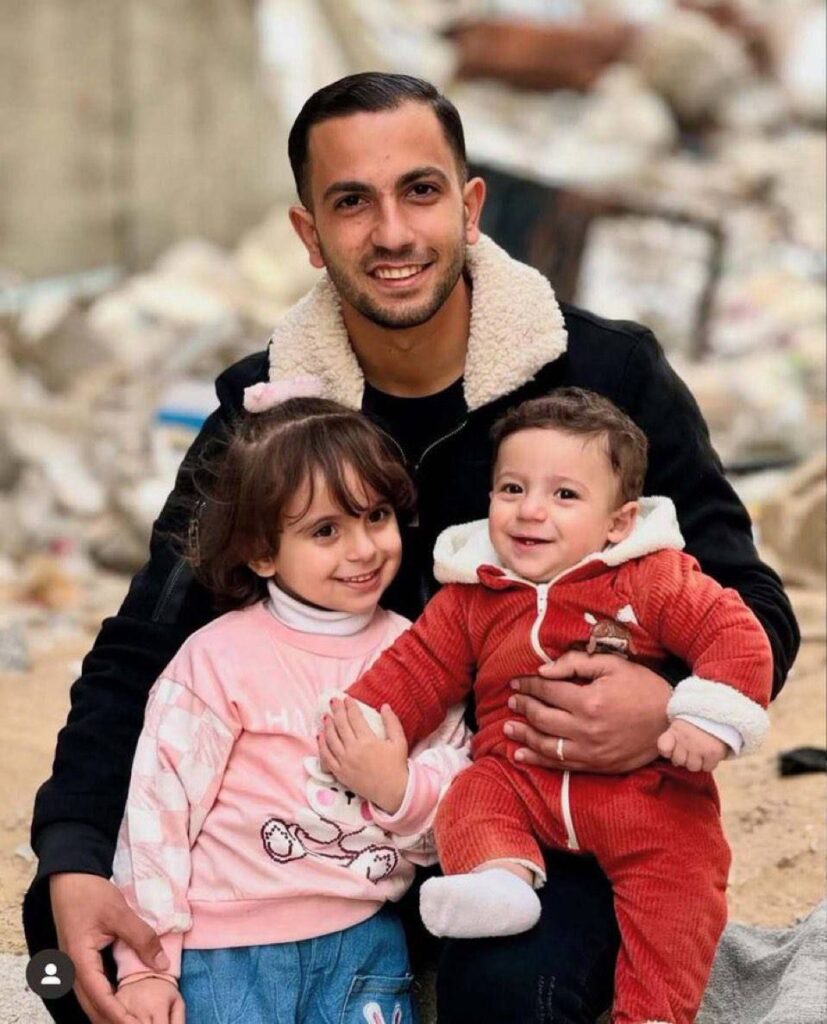
‘If these words of mine reach you, know that Israel has succeeded in KILLING me and SILENCING my voice’
‘Do not forget Gaza’


